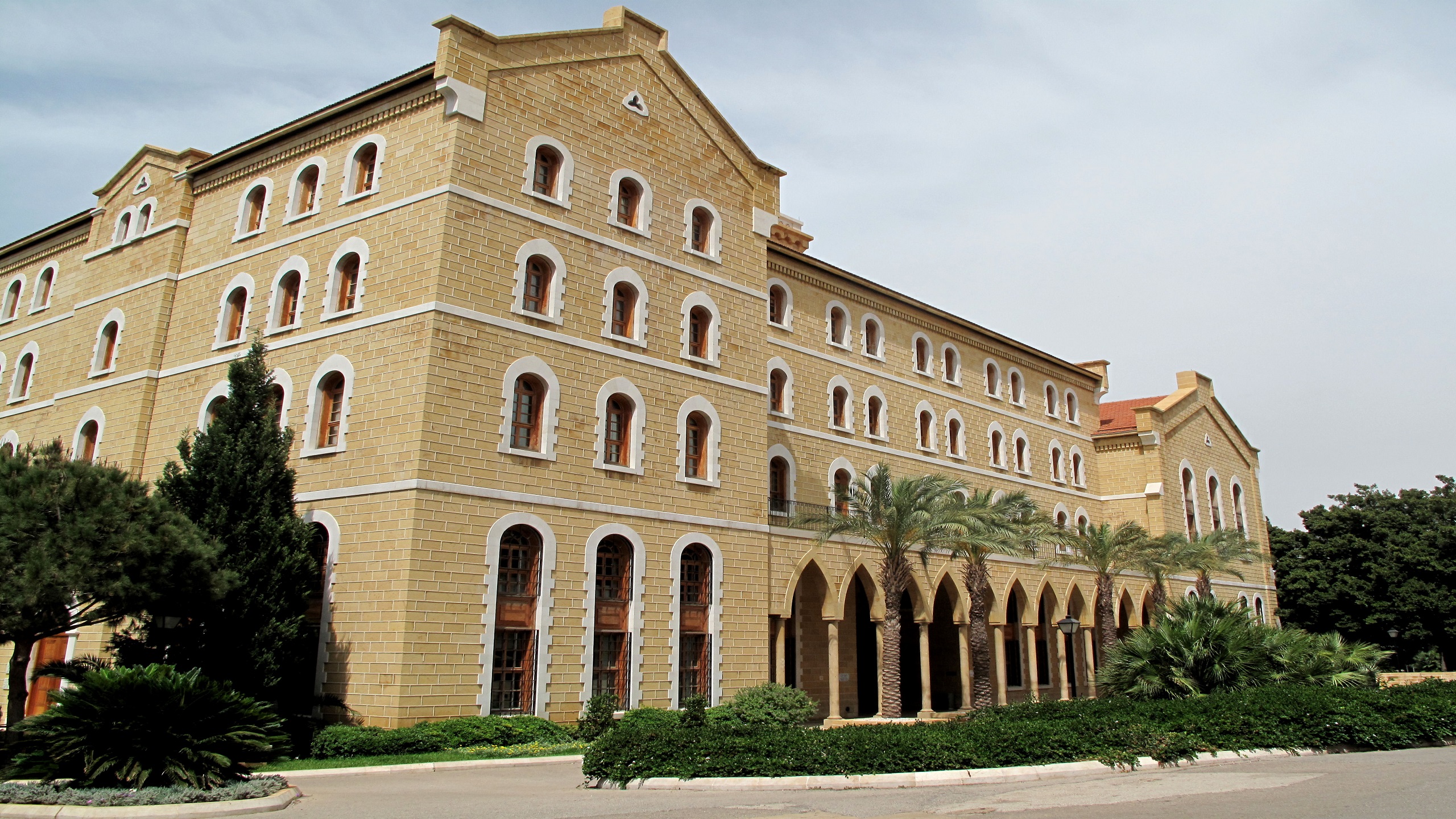Moving the American University of Beirut to Kuwait
Al-Qabas, Kuwait, July 10
The American University of Beirut was founded 155 years ago by the American priest Daniel Bliss. It was first named the Syrian Protestant College, before adopting its current name about a century ago. Although its founder was a missionary, it was always a secular institution. The teaching curriculum in its first year included Arabic, English, French, Turkish, Latin, mathematics, ancient Arab history, and the history of religions, including Judaism. A year later, pharmacy and medicine became part of its curriculum. It saw many famous alumni graduate and assume meaningful roles in society, politics, and the arts. The university also contributed to making Beirut a publishing center in the region when it transferred its printing press from Malta to Lebanon. The university also followed high educational standards and values, and a strict American curriculum, and was the first in the region to rely on the principles of critical thinking and open discussion without discrimination between students. With the collapse of the security, economic, social, political, and even moral situation in Lebanon, and the financial difficulties that the university is facing, its administration decided to close its doors or move to another country. With the spread of news of the intention to close, the name of Kuwait emerged at the top of the candidate countries to move to. Kuwaiti officials have been approached about the matter, and warmly welcomed the idea. Following ongoing discussions, the Kuwaiti Higher Education Ministry set the following conditions for the University’s transfer: changing the name to “Kuwait National University”; separating the women’s college from the men’s college; allowing women to wear a hijab or niqab; allowing the establishment of Islamic places of worship within its campus; preventing the study of certain critical theories such as Darwinism; allowing charitable foundations to establish branches within the university; and ensuring that 30% of the University’s students major in Islamic studies. The university administration met in Beirut and decided, within seconds, to reject the conditions and to consider moving to another country. Of course, the entire scenario I described above isn’t true. But it was a very close representation of reality. If any educational body at the level of the American University thought of transferring its activities to Kuwait, the Kuwaiti forces of backwardness and darkness would be on the lookout and sabotage such a monumental feat from happening. Instead of embracing an opportunity to push our country forward, Kuwaiti officials would have imposed hurdles and barriers along the way. I’m not sure why, but I’m always reminded of the story of Noah’s Ark. If Noah lived in modern-day Kuwait, he would have spent months trying to obtain a permit for his ark, without hammering a single nail. And while the Kuwaiti government would have sat and deliberated Noah’s case, the whole land would have been flooded. –Ahmed Al-Sarraf (translated by Asaf Zilberfarb)
This holiday season, give to:
Truth and understanding
The Media Line's intrepid correspondents are in Israel, Gaza, Lebanon, Syria and Pakistan providing first-person reporting.
They all said they cover it.
We see it.
We report with just one agenda: the truth.



